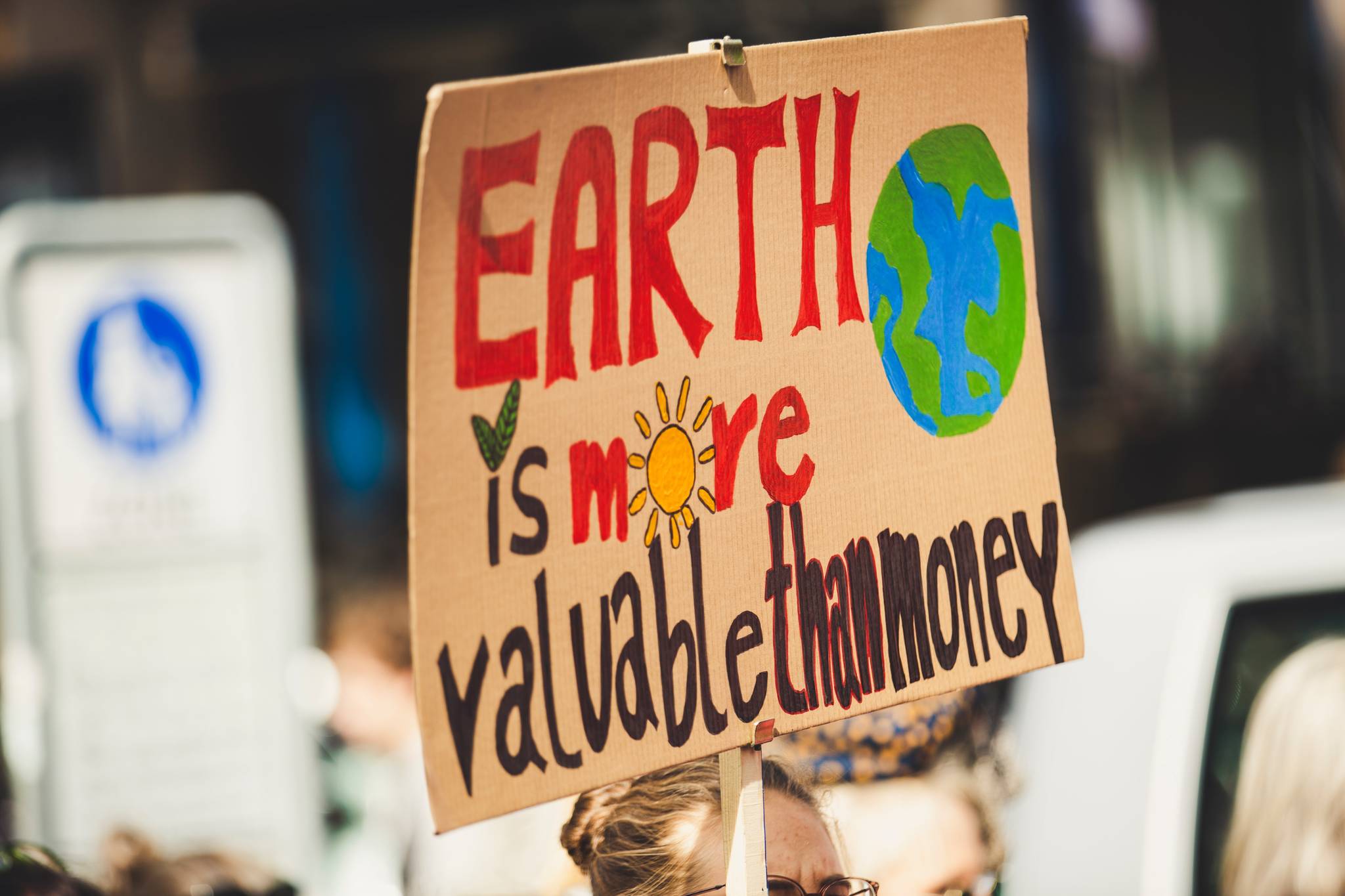When you read about or hear about climate change, what typically goes through your head? Most people might think about the Earth getting warmer, glaciers melting, and CO2 emissions. However, has the thought of displacement ever crossed your mind? The displacement, or forced migration, of animals and people due to climate change. I believe that displacement is a huge issue and needs to be spoken about. One place I would like to talk about is a small village in Shishmaref.
Shishmaref is a small island off the coast of northwestern Alaska, 30 miles south of the Arctic Circle, and has been the home to many Indigenous people for generations. These Indigenous individuals are forced to make the hard decision about whether they want to leave Shishmaref, or stay and face whatever danger may befall them. People on Shishmaref are advocating for a relocation because of the effects and dangers climate change is having on their small island.
Fishermen on Shishmaref noticed that the ice freezes a lot later in the year than it usually does, and it does not stay frozen. Hunters on Shishmaref depend on the sea ice to stay frozen so that they can hunt walrus and bearded seals, however that is slowly becoming more and more impossible. The sea ice stays thin throughout most of the year and is extremely dangerous to cross because it cannot hold up the weight of the hunters and their equipment. Some have even lost their lives trying to hunt on the thin ice.
Not only is the sea thawing, but so is the permafrost inside the island. The rising sea levels and warmer waters are causing more dangerous storms to happen along the coast of this island, and without the sea ice and permafrost to protect them, Shishmaref is totally exposed to the environment. This has caused the erosion of the coastline, destroying not only the island itself, but the homes of the people who live there.
Life on Shishmaref is getting more and more difficult as time goes by, and the question still remains, should people stay and wait it out, or leave for a new life in a new place? Shishmaref Island is split on this decision; a majority of the younger generation want to leave and find a new place to live because of the fact that Shishmaref is becoming inhabitable. However, the older generation is more resistant to leaving their land. Shishmaref is the place where they grew up and lived their whole lives.
They remember going hunting with their families and friends when the sea ice was frozen for nearly the whole year. They remember the way Shishmaref used to be before climate change had greatly affected their land and their way of life. They do not want to leave what they knew, and this is causing a rift among the residents of Shishmaref. However, some of the residents of Shishmaref were reaching out to organizations such as FEMA for help.
They pleaded for any sort of assistance, but FEMA said that they cannot help in acute disasters. Acute disasters are slow-onset disasters, one that Shishmaref Island is experiencing. Eventually, regardless of feelings and history, residents of Shishmaref believe that it’s only a matter of time before the island is swallowed up by the sea, and they will become climate refugees. I believe that organizations should help individuals not only after a disaster, but before one or one that is acute; but there is only so much that they can do. At the end of the day, this OUR problem. The world’s problem. Climate change-induced displacement needs to be acknowledged as another big part of climate change. And for the individuals who do not believe in climate change or believe in its repercussions, I ask you to visit Shishmaref and take a look for yourself at what climate change is capable of.
Ayman Aouinat fourth-year anthropology student at Colorado State University. Columns, My Turns and Letters to the Editor represent the view of the author, not the view of the Juneau Empire. Have something to say? Here’s how to submit a letter to the editor or My Turn.

